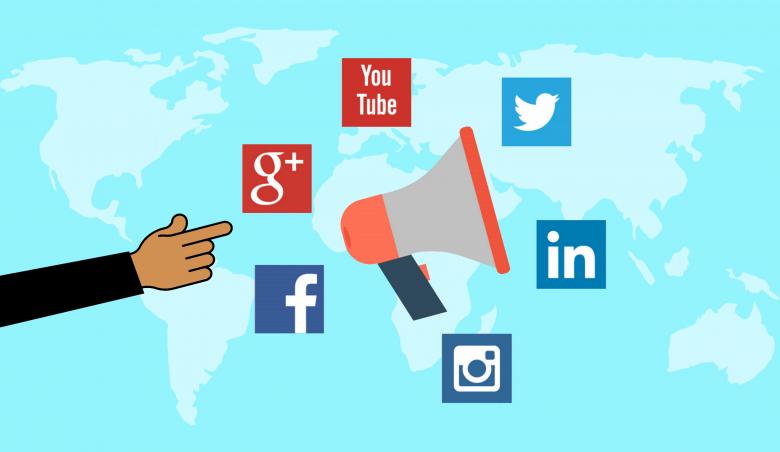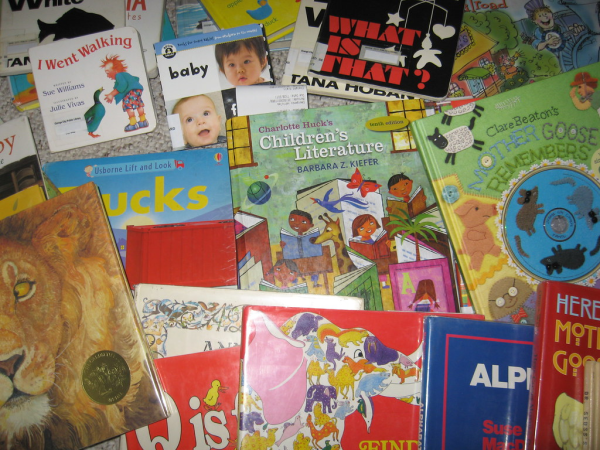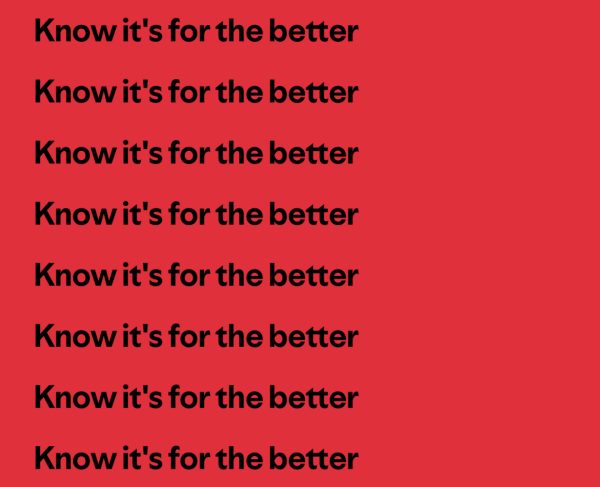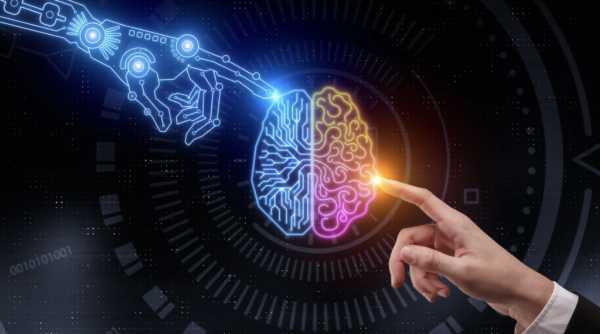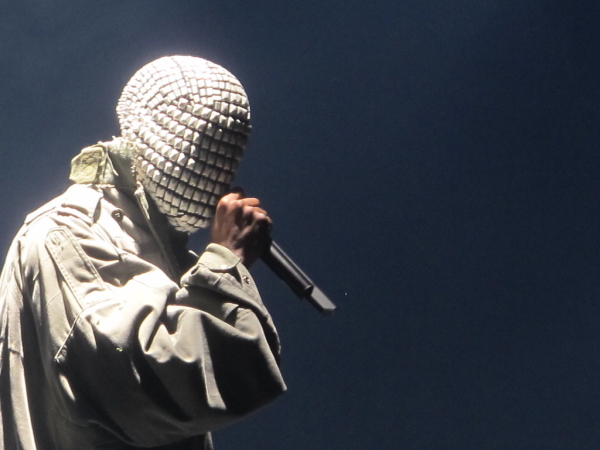Social Platforms
Social platforms all over the world are encouraging every individual to have one of their own; regardless of what detrimental effects it can have on one’s mental health.
The development of apps over the years and the whirlwind of social media have taken over numerous lives. Social platforms like Instagram, Twitter, Tik Tok, Snapchat, Facebook and more have been downloaded over the years and continue to catch viewer’s attention. Whether it’s a photo of a celebrity or a cute dog, these viewers are gushing over pictures or seeing what’s the next trending thing.
Social platforms have become a daily thing in our routine; to either check every morning or right before we sleep.
According to Digital Marking.org, “of the 3.96 billion people all over the world using social media, global users spend about 144 minutes on social media every day.” A huge number of individuals are spending a great amount of time on social media and as a result, are not physically interacting with one another as much. Many people overlook the negatives that social media can cause and the impact it has on oneself; although it can keep you updated on the news, access to information quicker, social media can still take a toll on one’s mental health.
According to Lifespan, the positives of social media consists of, “staying connected with family and friends worldwide, quick access to information, involved in fundraisers, and being able to provide a voice.” Almost everyone in the world has a social platform, each and everyone of us are able to promote, spread awareness, and provide a voice for those who need to be heard of.
Junior Winnie Ann Masaoy comments on using her social platform to promote a good cause. “The first good cause I promoted on social media was the BLM movement, sparked by George Floyd’s death. Eventually, I would find myself spreading awareness about other events, such as the increasing AAPI hate over quarantine.” Quarantine has made users, like Masaoy, to promote and spread awareness to various causes. Although social platforms and media could promote the good, it can also reveal the hate one tends not to see.
Besides social media contributing to the effectiveness of calling or texting one another from afar, and even promoting good causes; again social platforms can lead to a toll on one’s mental health.
During May of 2021, Instagram offered the option to hide the number of likes one receives when he or she posts on the app. Using this feature, it enables the followers to see who liked the post and it initially says “others” instead of a number. The goal was to depressurize people’s experience on the platform because of how powerful social media can have on your mental health. Around the world, each individual who has social media, a platform, or a following count, constantly checks how their platform is doing.
This feature on Instagram allows any person with a following to disregard how many likes he or she receives; similarly, Instagram had the option for people to not comment on one’s post.
Junior Savanna Moon comments on how social media can be stressful and take a toll on one’s mental health. “Social media [can take a] toll on [everyone’s mental health], as someone who [posts] art regularly. I eventually got burned out and very exhausted, ever since then I have taken a break and mostly use it to communicate with friends”. For Moon, she likes to take breaks and relax and not think of posting everyday because it can affect her internally. Mental health is important for all individuals, whether it’s emotionally, physically, mentalally, or spiritually.
Another downside of having a social platform of your own, is we tend to overthink the amount of comments or likes one would receive. It can develop into an unhealthy obsession of stalking one’s page to check the amount of likes or comments on a recent post.
According to the Centre for Mental Health, when individuals receive a “lack of likes”’, it can result in a negative self-reflection and they would continue to refresh the page in order to be fulfilled if someone is looking or liking their post. Checking one’s stories or posts everyday creates a negative atmosphere between oneself and their social platform.
Although, social media has negative effects on individuals worldwide. Masaoy comments on what factors should be included in social media that would lessen people’s stress and mental health. “I wished social media had a way to filter out certain people that can find your account. For instance, some accounts tend to invite randomly picked people in group chats that have inappropriate intentions.” Regardless of having a public or private account, there are certain people who try to bring negative and hurtful comments to each other. Social media can be stressful at times; if it’s the fear of someone stalking our account, or the fear of not receiving the amount of likes and/ or comments.
Having a social platform of your own has the positive and negative aspects of. It is important to take necessary breaks when needed if social media impacts one’s mental health. However, the positives of social media can sometimes overlook the negatives, for instance one having a social platform would be able to reach out to one’s family or friends, or being able to learn about the news that’s going around in the world.
If you have a platform of your own, know when it’s necessary to take breaks or even STOP posting for a while; your platform won’t disappear overnight.
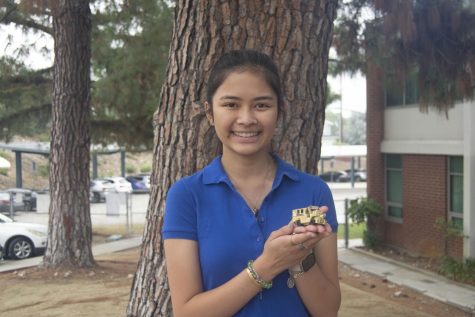
Interests/hobbies? Listening to music, hanging out with friends, and traveling.
Dream Destination? Paris
In 20 years... I will hopefully have a stable...



